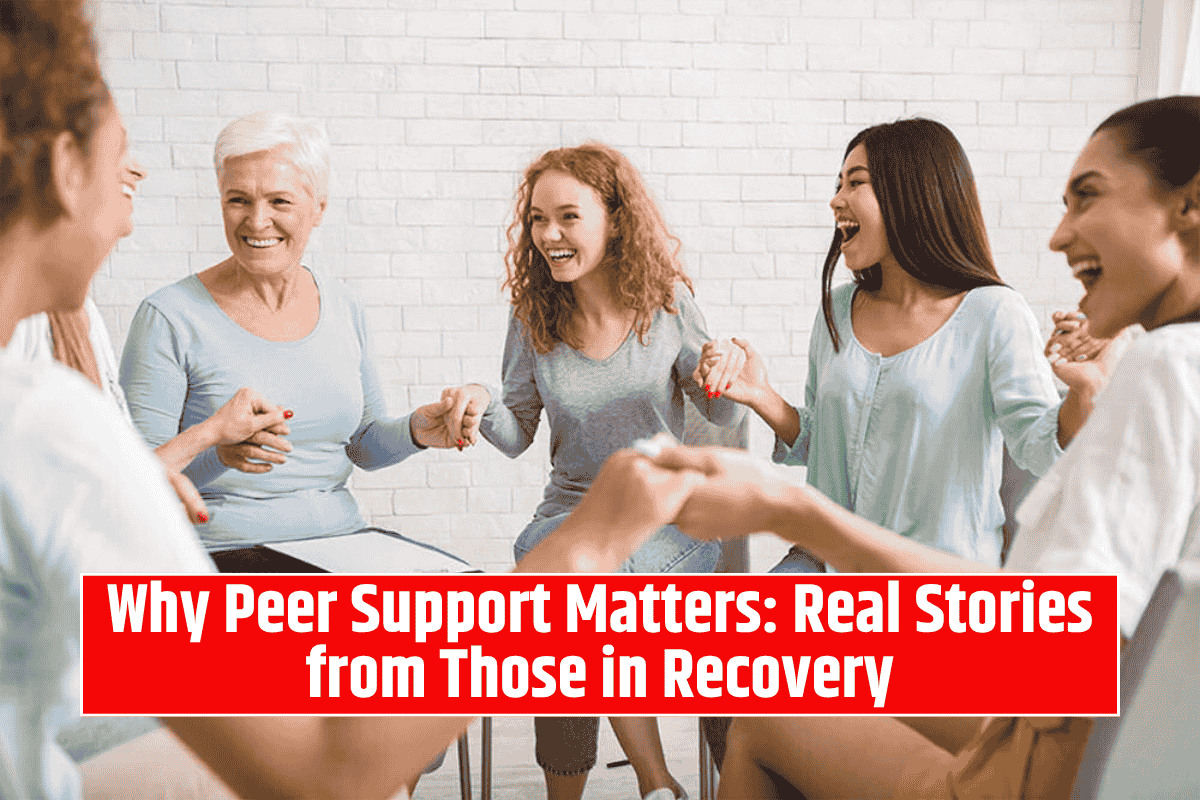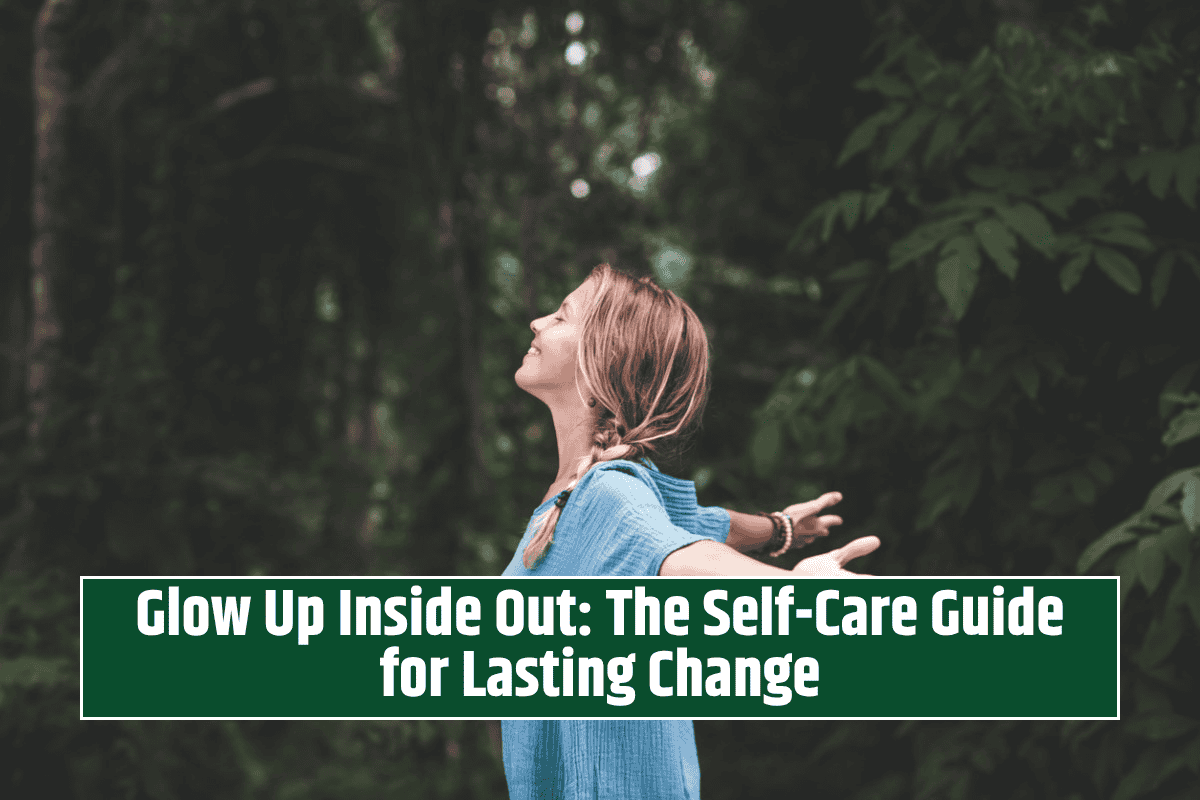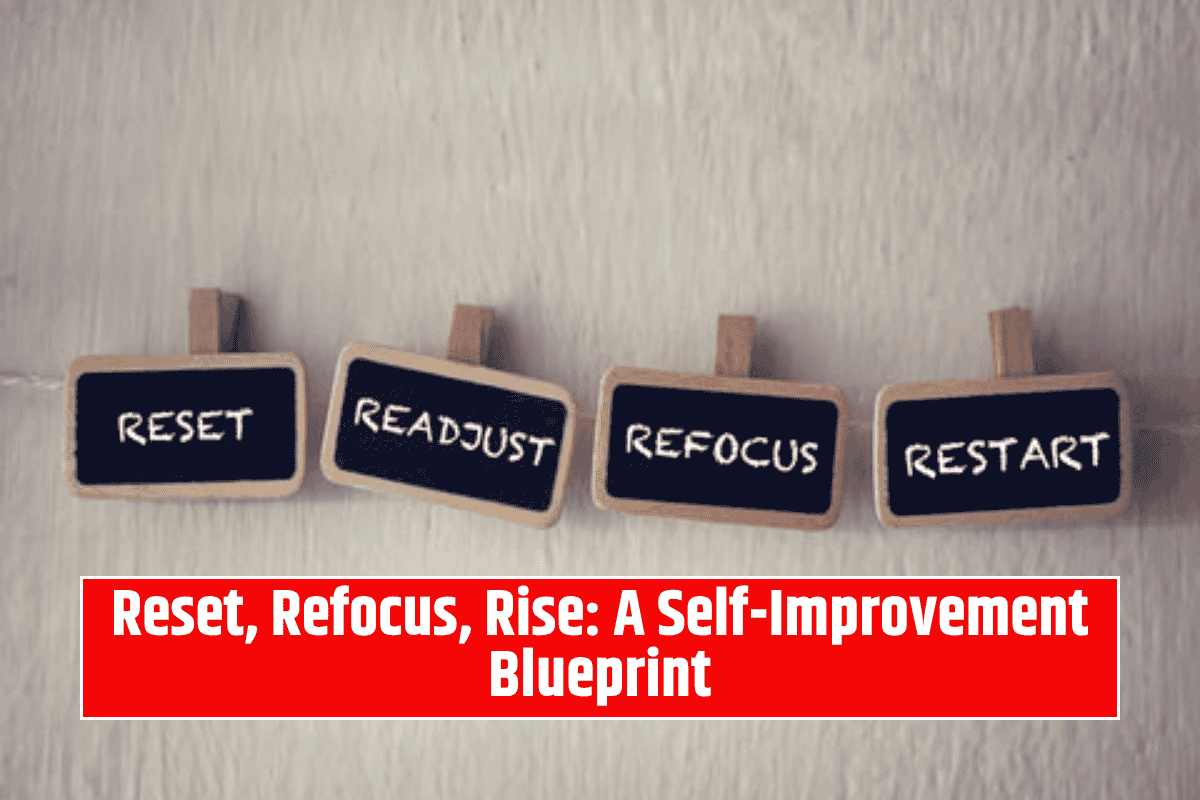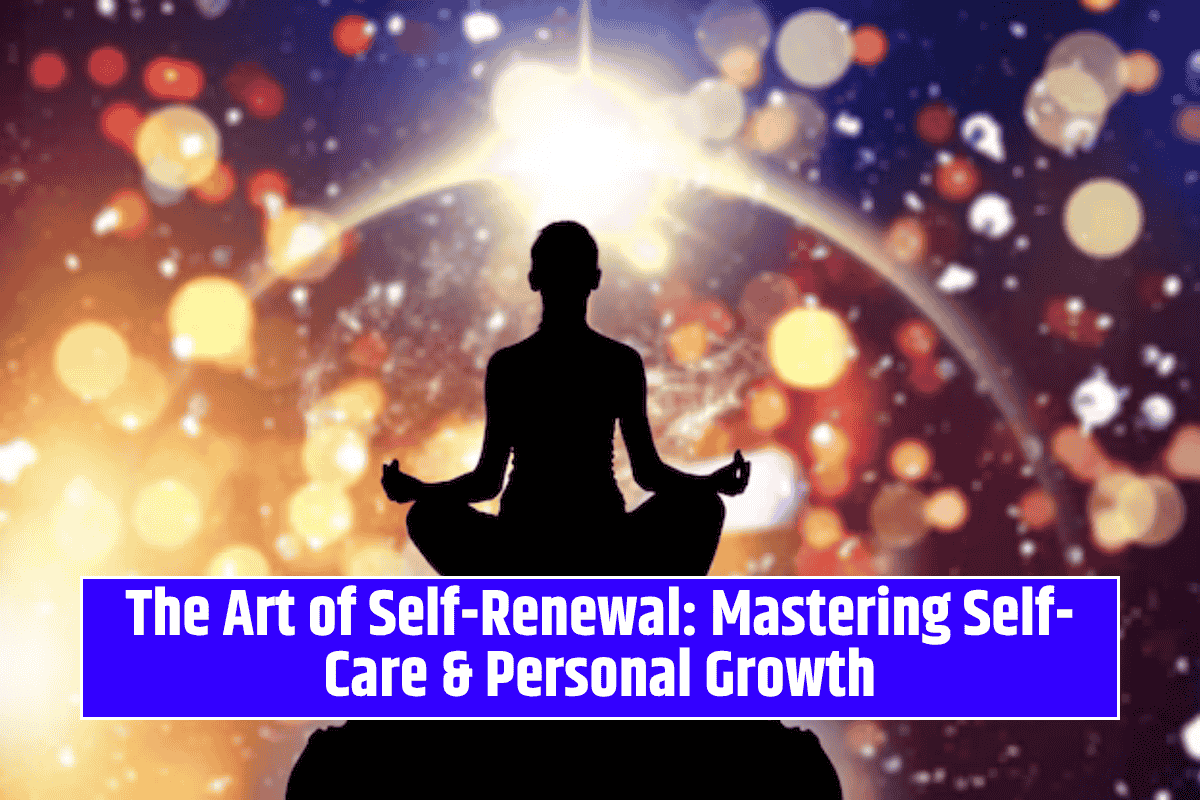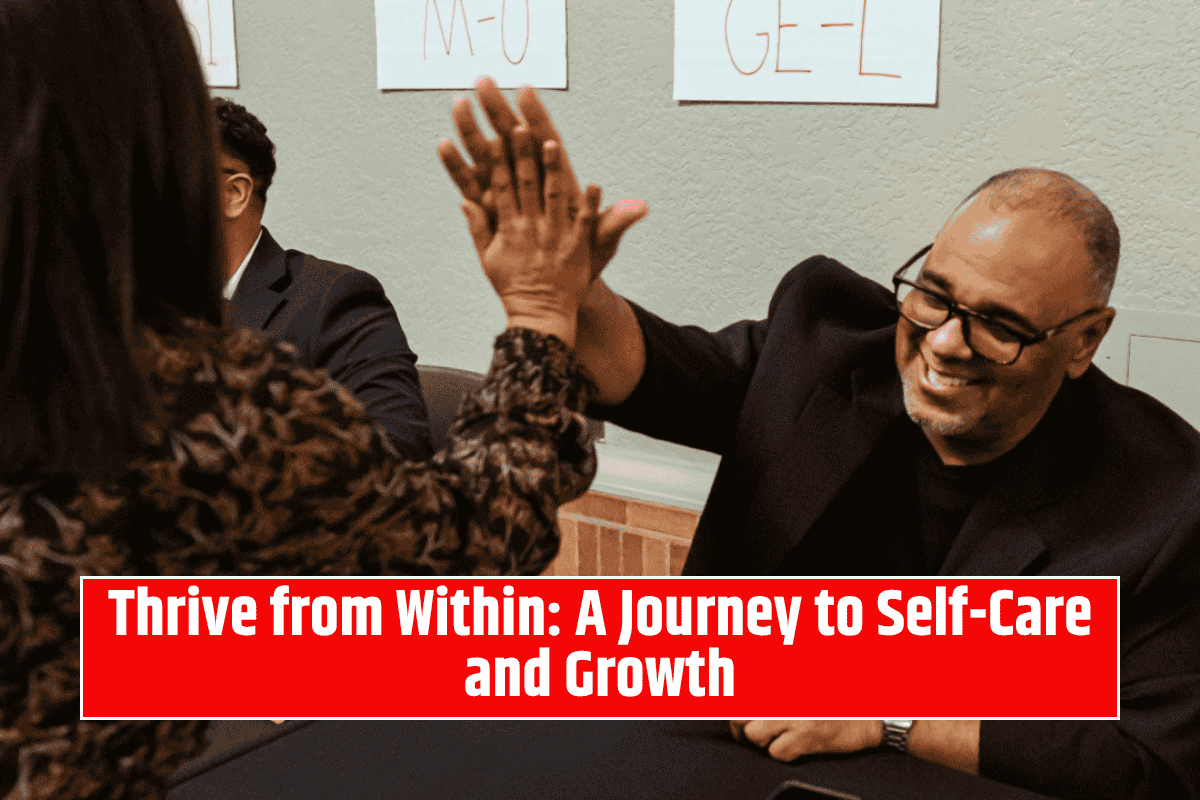Peer support has proven to be a powerful and transformative tool in the recovery process. Unlike traditional therapy or clinical treatment, it offers individuals something that is truly unique: the connection and understanding of someone who has walked a similar path.
For many, peer support is not just helpful; it’s a lifeline that provides hope, guidance, and the belief that recovery is possible.
In this article, we explore why peer support matters and hear personal stories from individuals in recovery who have experienced its impact firsthand.
The Power of Shared Experience
For Sarah, a 32-year-old woman recovering from alcohol addiction, peer support was a turning point in her journey. She recalls, “When I first entered recovery, I felt completely alone. I was surrounded by people who cared about me, but none of them truly understood what I was going through.
Then, I met another woman in the program who had been where I was—addicted, hopeless, and lost. She didn’t just give me advice; she shared her story with me, and I knew that I wasn’t alone anymore.”
Sarah’s experience underscores one of the most important aspects of peer support: the power of shared experience. Peer Recovery Specialists (PRS) have often gone through the same struggles as the people they help. This lived experience allows them to connect on a deeper level than traditional clinicians, building trust and offering a sense of belonging.
Building Trust and Understanding
Trust is often one of the biggest challenges in recovery. Many individuals have faced betrayal and disappointment in the past, making it difficult to trust others again. However, in the context of peer support, this process becomes more manageable.
John, a 45-year-old recovering from opioid addiction, shares his story: “When I first entered a recovery program, I didn’t trust anyone.
I was angry and ashamed of what I had become. But one day, I was assigned a Peer Recovery Specialist, and he was different from the others.
He didn’t judge me or tell me what to do—he just listened. He knew exactly what I was feeling because he had been there himself. That was the first time in a long time I felt like someone truly understood me.”
John’s story highlights the importance of trust in recovery. Peer Recovery Specialists are able to offer empathy and create a safe space for individuals to share their struggles without fear of judgment.
This nonjudgmental approach fosters trust and openness, which are essential in the healing process.
Empowering Recovery Through Encouragement
Another significant benefit of peer support is the encouragement it provides. Recovery can be a difficult and long journey, often filled with setbacks and self-doubt.
During these moments, having someone who believes in you—someone who has been through similar challenges—can make all the difference.
Maria, a 28-year-old woman recovering from depression and anxiety, shares, “There were times when I didn’t think I could keep going.
I thought about giving up more than once. But every time I felt like quitting, my Peer Recovery Specialist reminded me of how far I had come. She reminded me of my strength, even when I couldn’t see it in myself.”
Maria’s experience demonstrates how peer support helps individuals find the strength to keep going, even during the toughest times.
Peer Recovery Specialists empower individuals by reminding them of their progress and resilience, providing much-needed encouragement when hope seems distant.
Creating a Sense of Belonging
For many people in recovery, feeling a sense of belonging is crucial to their healing process. Addiction, mental health struggles, and other challenges can leave individuals feeling isolated and disconnected from their communities.
Peer support helps rebuild this sense of connection by bringing together people who share similar experiences and goals.
Alex, a 40-year-old recovering from alcoholism, reflects, “Being part of a peer support group was one of the best decisions I ever made.
I thought I was the only one who had felt the way I did, but when I joined the group, I realized that everyone had similar struggles. I wasn’t the only one. We all supported each other, celebrated each other’s victories, and comforted each other in the hard times. It gave me a sense of belonging, and that’s something I hadn’t felt in a long time.”
Alex’s story illustrates the importance of community in recovery. Peer support groups help individuals feel that they are not alone in their struggles and offer a space where they can connect, support one another, and celebrate progress together.
Why Peer Support Matters: The Big Picture
The stories shared by Sarah, John, Maria, and Alex highlight the vital role peer support plays in the recovery process. It’s not just about offering advice or direction; it’s about offering understanding, empathy, and a sense of community.
Peer support helps individuals in recovery build the confidence and resilience they need to continue their journey, even when the road gets tough.
Peer Recovery Specialists provide more than just guidance—they offer hope and encouragement based on their own lived experiences. By helping others see that recovery is possible, they play an essential role in breaking down stigma and fostering trust in the recovery process.
As the recovery community grows, the role of peer support will continue to be crucial. It serves as a reminder that no one has to walk the recovery path alone.
With the support of peers who understand their struggles, individuals in recovery can build stronger, more hopeful futures. Peer support transforms the recovery experience into one that is shared and strengthened by the bonds created along the way.
FAQs
What is peer support in recovery?
Peer support in recovery involves receiving help and guidance from someone who has lived through similar struggles, like addiction or mental health issues. Peer Recovery Specialists offer support based on shared experiences, helping individuals feel understood and connected.
How does peer support help in addiction recovery?
Peer support provides emotional guidance, encouragement, and a sense of community to individuals in recovery. It helps build trust, reduces feelings of isolation, and reminds people that they are not alone in their journey.
What is the role of a Peer Recovery Specialist?
A Peer Recovery Specialist is someone who has lived through addiction or mental health challenges and now helps others by offering support, guidance, and empathy. They provide a safe space for individuals to share their struggles and encourage them to keep going.
Why is trust important in recovery?
Trust is essential in recovery because it allows individuals to open up about their struggles without fear of judgment. Peer support specialists, with their lived experiences, offer empathy that helps build this trust and makes the recovery process more manageable.
How can peer support reduce stigma around addiction?
Peer support reduces stigma by showing that recovery is possible and that individuals who have faced addiction can lead fulfilling lives. When people see others in recovery sharing their stories, it challenges the negative stereotypes and offers hope to those still struggling.
